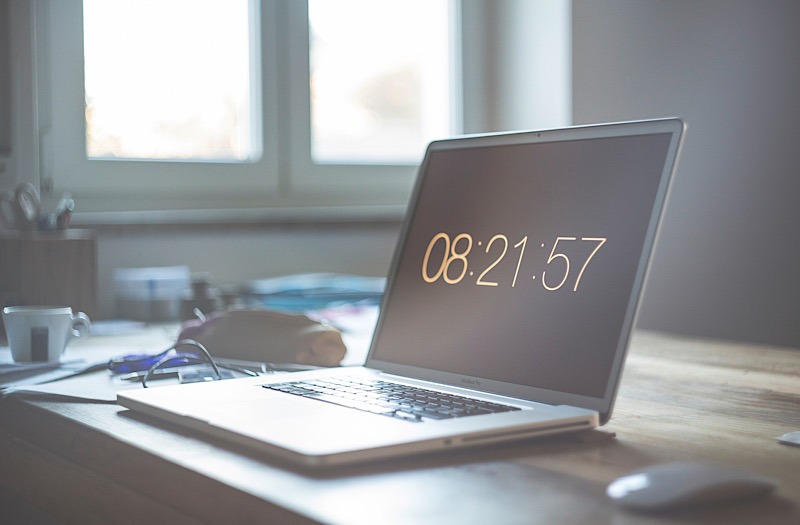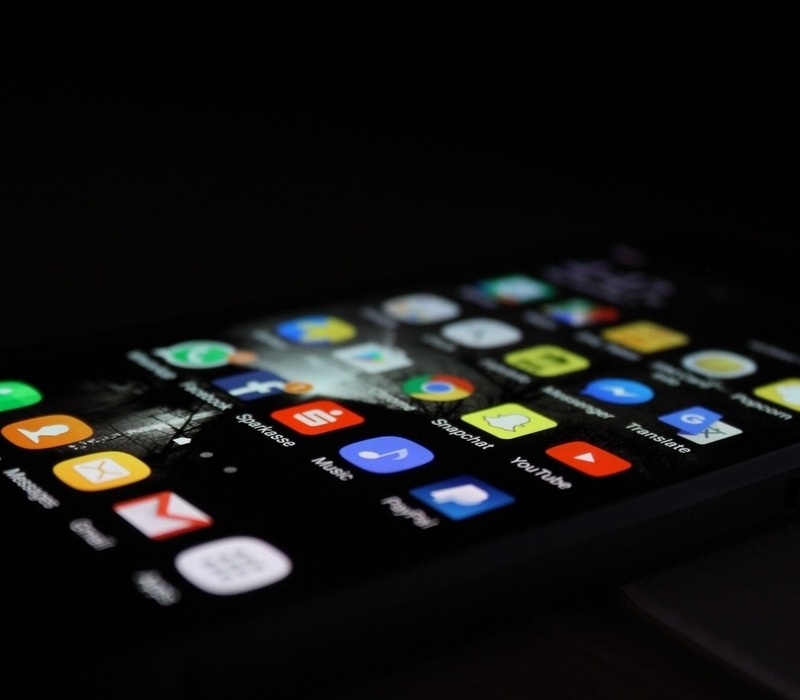Online distractions are one of the major productivity drains for people who work online. As a remote worker, you want to be able to focus single-mindedly on your tasks so you can get your work done on time (or earlier than planned) so you then have ample leisure time. But if you are doing your work online, then you are sitting in front of an extremely distracting device, a computer that can provide you with innumerable distractions, each of them only a click away. To work more effectively online, follow these steps to minimize your online distractions at work.
Self-Imposed Rules
If you want to minimize online distractions, then you do need a certain level of self-discipline. One important aspect of being self-disciplined when working online is self-imposed rules that will help you work better – and then consistently following these rules. This doesn’t mean you should give yourself a hard time for slipping up. But by putting effort in to follow a handful of rules, you can make a world of difference to your productivity levels.

Some useful self-imposed rules can include variations of the following:
- Avoid all distracting sites (e.g. social media – unless it’s for work – and Netflix) throughout the time you plan to be working.
- Only use sites that would normally distract you at certain times in the day, such as lunchtime.
- Check work-related sites that would normally distract you only every hour or so. For example, checking your Gmail or Twitter every 10 minutes can end up seriously eating into your time. However, quickly checking the sites for updates every hour – or every 25 minutes if using the Pomodoro technique – will be less time-consuming and will help eliminate distractions when you’re at work.
By creating a schedule (ideally a physical one that you can easily glance at), you can clearly divide your day up into work-related tasks and more leisurely activities. A schedule will make it easier to remind yourself of your self-imposed rules.
Block Specific Sites During Set Times
There are many browser extensions that will block certain sites for you at the times you want those sites to be inaccessible. For instance, you may want to be block distractions completely unrelated to work, such as YouTube or Netflix, during the standard hours you’re at work. One useful Chrome extension that lets you do this is StayFocusd.

Once your set a time parameter, you will be unable to get on a given site (at least from Chrome, which is why you need to avoid using multiple browsers or whey you may need similar extensions on other browsers).
Also, be sure to use these site-blocking extensions on all your devices, including your phone. You don’t want to fall into the trap at work of being free from online distractions on your computer, only to find yourself distracted by your phone instead.
Track the Amount of Time You Spend on Certain Sites
You can also track the time you spend on certain websites. You can do so by using a browser extension like Webtime Tracker. This can provide you with data on how much time you’ve spent on various websites that day and will tell you what your daily average is. You can also check out the total amount of time you’ve spent on those sites so far.

Tracking your web activity is a useful productivity hack because it will highlight just how much time you’ve potentially been wasting on certain sites. If you know that your time spent on social media is mostly not fruitful, then you may be surprised to find out how much time you spend on these sites each day.
Shockingly, statistics from Global WebIndex indicate that social media users spend an average of two hours and 24 minutes per day on social media sites. You want to make sure that your social media use isn’t habitual or excessive, otherwise it can seriously impact your productivity.
Tracking your web activity, however, will let you know exactly how much time you spend on social media. By making a conscious effort to reduce your use, you can also use the time-tracking tool to update you about your progress. This is important, as keeping track of your goals is a highly effective way to sustain your motivation.
Putting forth the effort of these steps to minimize online distractions when you’re at work will ultimately lead to a more productive day for you.


